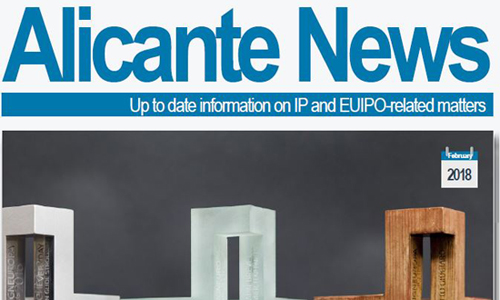European Commission responds to the US restrictions on steel and aluminium affecting the EU
The European Commission takes note of the announcement by the President of the United States of the imposition of restrictions in the form of an import surcharge on EU exports to the US of steel and aluminium.
President of the European Commission, Jean-Claude Juncker said: “We strongly regret this step, which appears to represent a blatant intervention to protect US domestic industry and not to be based on any national security justification. Protectionism cannot be the answer to our common problem in the steel sector. Instead of providing a solution, this move can only aggravate matters. The EU has been a close security ally of the US for decades. We will not sit idly while our industry is hit with unfair measures that put thousands of European jobs at risk. I had the occasion to say that the EU would react adequately and that’s what we will do. The EU will react firmly and commensurately to defend our interests. The Commission will bring forward in the next few days a proposal for WTO-compatible countermeasures against the US to rebalance the situation.“
Commissioner for Trade Cecilia Malmström added: “These US measures will have a negative impact on transatlantic relations and on global markets. In addition, they will raise costs and reduce choice for US consumers of steel and aluminium, including industries that import these commodities. The EU will seek dispute settlement consultations with the US in Geneva at the earliest opportunity. The Commission will monitor market developments and if necessary will propose WTO-compatible safeguard action to preserve the stability of the EU market. The root cause of problems in these two sectors is global overcapacity caused by non-market based production. This can only be addressed at the source and by working with the key countries involved. This go-it-alone action by the US will not help.“
Background
On 1 March, President Trump announced the imposition of additional import duties on EU exports of steel and aluminium to the United States. The import duties are set at 25% on steel and 10% on aluminium. Similar restrictions will also be imposed on exports from other suppliers.
This action follows investigations undertaken between April 2017 and January 2018 by the US Department of Commerce under Section 232 of the US Trade Expansion Act of 1962. These reports concluded that steel and aluminium imports threatened US national security and recommended the imposition of trade restrictions.
However, in essence, these measures are primarily intended to protect the US domestic industry from import competition. Any national security justification appears very weak: the US Secretary of Defence has stated publicly that US military requirements represent no more than 3% of US production and that the Department of Defence is able to acquire the steel and aluminium it needs for US national defence requirements.
